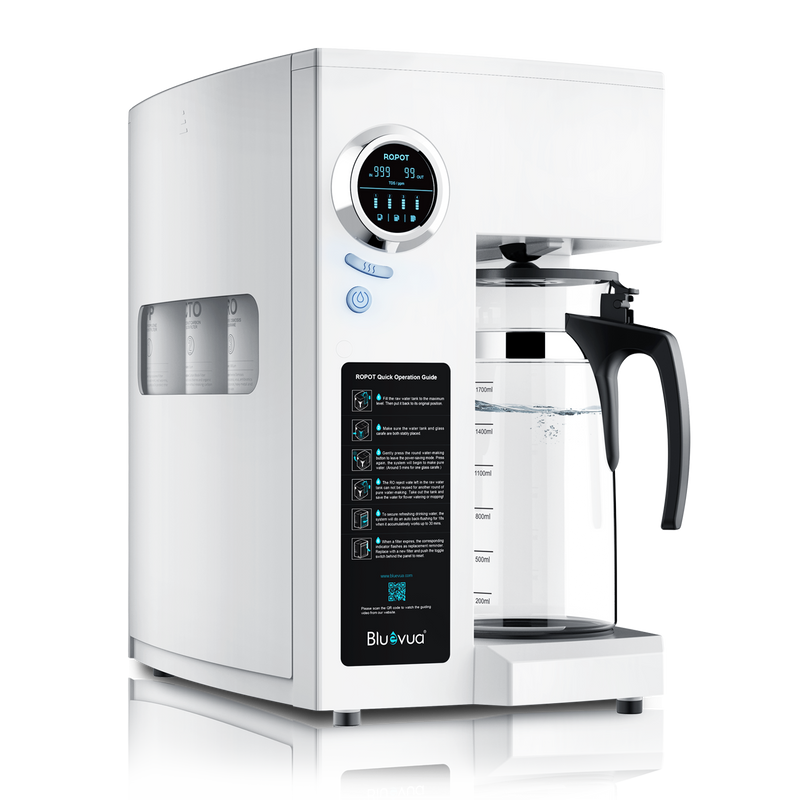Are you considering installing an RO system for home? Reverse Osmosis (RO) systems are an excellent choice for ensuring clean and safe drinking water. This guide will walk you through everything you need to know about RO systems, from their benefits to the installation process.

What is an RO System?
An RO system is a water purification technology that uses a semipermeable membrane to remove ions, molecules, and larger particles from drinking water. But how does it work? The system forces water through the membrane, leaving contaminants behind and providing you with pure, clean water.
Benefits of an RO System for Home
- Removes contaminants such as lead, chlorine, and fluoride.
- Improves the taste and odor of water.
- Reduces the risk of waterborne diseases.
- Cost-effective compared to bottled water.
How to Choose the Right RO System
Choosing the right RO system for home can be daunting. What should you look for? Consider the following factors:
- Water Quality: Test your water to determine the contaminants present.
- System Capacity: Ensure the system can handle your household's daily water usage.
- Maintenance: Check the ease of replacing filters and other components.
- Certifications: Look for systems certified by organizations like NSF or WQA.
Installation Process
Installing an RO system for home might seem complex, but it can be straightforward with the right guidance. Here’s a step-by-step process:
“Proper installation is crucial for the optimal performance of your RO system.”
- Choose a Location: Select a spot under the sink or in the basement.
- Install the Faucet: Drill a hole in the sink or countertop for the RO faucet.
- Mount the System: Secure the RO unit to the wall or cabinet.
- Connect the Tubing: Attach the tubing from the RO unit to the faucet and water supply.
- Check for Leaks: Turn on the water supply and check for any leaks.
Maintenance Tips
Maintaining your RO system for home is essential for its longevity and efficiency. Here are some tips:
- Replace filters every 6-12 months.
- Sanitize the system annually.
- Check the membrane every 2-3 years.
- Monitor water quality regularly.
Recommended Products
Here are some top-rated RO systems for your home:
- Product 1 - A high-capacity system with easy maintenance.
- Product 2 - Known for its excellent filtration and durability.

Conclusion
Installing an RO system for home is a wise investment in your family's health. By understanding the benefits, choosing the right system, and following proper installation and maintenance procedures, you can enjoy clean, safe drinking water for years to come.
For more information, watch this video tutorial on installing an RO system.








